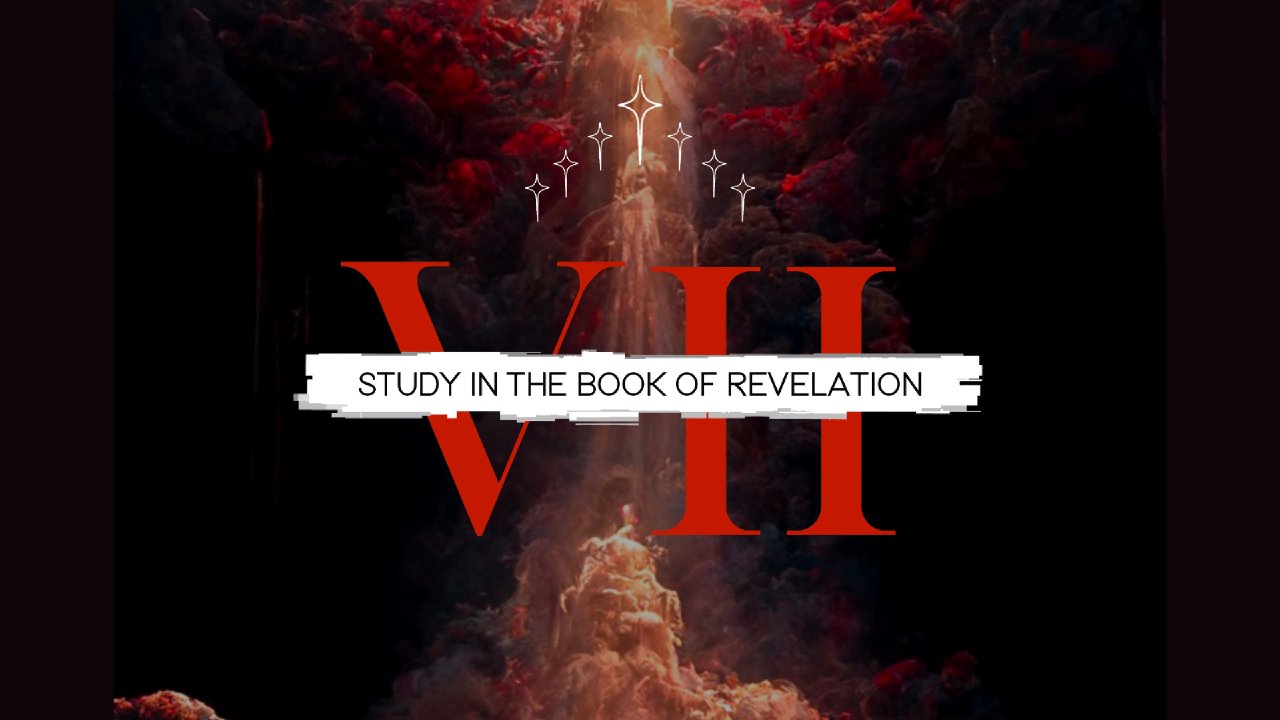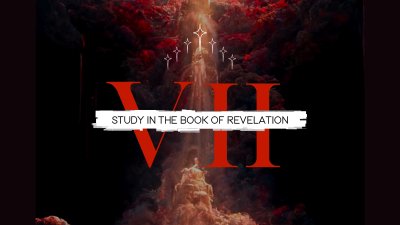Laodicea is one of the most ancient cities in the Lycus valley. Archeological evidence can accurately prove that people lived in the city more than a thousand years before the writing of Revelation. Historical records show previous names of the city as Rhoas and then Diospolis (which means City of Zeus). The name Laodicea did not come into use until the 3rd century BC when Seleucid king Antiochus II renamed the city after his wife Laodice. The provenance of Laodicea—its origins, importance, and history—helped it to remain a free city even when it was annexed into the Roman Empire in 133 BC. As a free city, Laodicea enjoyed electing its magistrates, running its government, and minting its own coins apart from Roman control. These luxuries help us understand why the city refused Roman funds to help rebuild after a devastating earthquake occurred in AD 60-61. Laodicea did not want to be in Rome’s debt, preferring to remain as free and independent as possible.

Revelation 3:14-22
The Church at Laodicea
January 1, 2023 • Jeremy Brannon • Revelation 3:14–22
More from
The Seven Churches in Revelation





